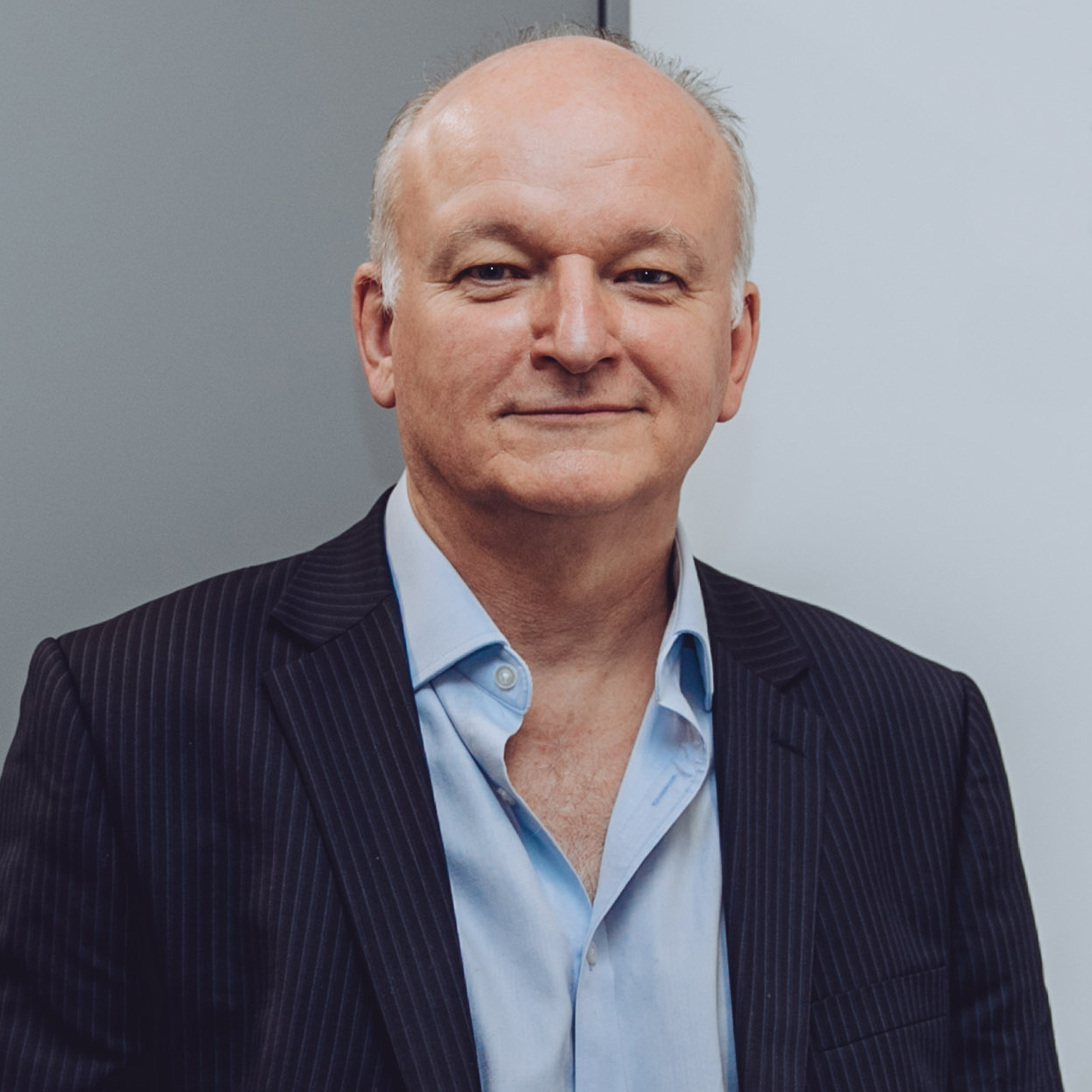COVID-19 has left many of us re-examining what we do
But funders do appear to be better prepared to respond the cost-of-living crisis than before the Covid-19 pandemic
07 December 2022
But funders do appear to be better prepared to respond the cost-of-living crisis than before the Covid-19 pandemic
07 December 2022

This article was first published in the Third Sector
For the first time in five years, I recently attended my first in-person Association of Charitable Foundations conference, which had the theme of courageous leadership.
We were reminded at the start that, collectively, foundations hold one-third of the assets of the whole of the UK voluntary and community sector and give about 40 per cent of its grants.
This figure belies the greater significance of foundations to small community-based organisations – where much funder financial firepower is concentrated.
It’s a powerful and potentially influential group. I say potentially because ever since I joined the funder sector that is how it has been. Foundations have been loath to speak out actively and openly.
Perhaps no more. As one of the speakers noted, we have the “perfect conditions to be courageous”.
We are probably the only part of the sector that can speak out at scale on broader issues because of the independence we enjoy from the government.
And, as one panel member commented, those we fund want us to practise “fierce advocacy” where we share common concern with those we fund.
This can only happen credibly if we get our own houses in order. And for the first time I felt there was more open acknowledgement of how far foundations have to go to address this.
Conversations that were once marginal now seem mainstream. About the historical source of our wealth, about issues of race, power and privilege, and the use of our assets to influence wider societal issues – notably, climate change.
Of course, talking is one thing, action another.
But as a funder who has long believed we have a responsibility to speak out on the issues that affect those we support, it felt positive, forward-thinking and far less self-serving than funder conversations have sometimes been.
I was especially pleased to see that the issues around racial justice remained centre-stage.
This came after the launch of our new strategy, Building a Better Future.
Against the backdrop of flat spend as the economy flatlines, we’ve had to step back and ask what we do best so we can focus on that.
In developing that we asked what we have learnt from the last strategy, bringing this together in eight lessons relevant to all funders.
One of these was to acknowledge the trade-offs we will all have to make as demand rises exponentially and in complexity, and our own resources do not.
This means very hard choices about who and what to support – and those we don’t.
But while this is true of funders, we know from feedback from the charities we fund, it is especially so for frontline organisations that are facing the triple whammy of rising demand against a backdrop of cost-of-living pressures and the associated growing problem of recruitment and retention.
This is only compounded by the exhaustion and burnout many staff feel after years of responding to Covid-19.
We also reflected, in our learning, on the need for positive action on inclusion in its broader sense.
To address this ring-fenced funding isn’t enough. We’ve found we are having to go back to the drawing board and redesign our approach to grant-making from the ground up with those we want to support.
We are echoing the learning from UnLtd, which is doing just this in seeking to reach Black and Asian entrepreneurs.
In our eight lessons we also reflected on the need for collaboration crystalised by the pandemic.
Leading with funding, but working as partners with other funders, charities and communities through facilitation, convening and critical friendship – an issue again reflected at the conference and through the formation of the ACF Collaborative Hub.
None of this is light-touch.
It requires an active and engaged approach and different skills focused on purposeful partnership over grant process alone. And greater flexibility and unrestricted funding to back the whole organisation, rather than narrow project funding that takes power away from the people at the receiving end and places it with accountability to the funder.
Covid-19 and its aftermath have left many of us re-examining what we do, and we hope our lessons are helpful to others facing the same questions and dilemmas.
But as we lurch from the Covid-19 crisis to the cost-of-living crisis, I am more hopeful that funders are better prepared than they were to respond in partnership with the sector, communities and people we all ultimately exist to serve.
Given the state we’re in as we approach 2023, we will need to be.
Specialist charities with an annual income between £25,000 and £500,000 can apply for a three-year, unrestricted grant of up to £75,000
Read more
"Collaboration multiplies the ways that funders can achieve a positive impact" Jim Cooke, Funders Collaborative Hub
Read more
Charities are stepping up to support people through the cost of living crisis, but they are dealing with increased pressures too, and it's important their role isn't taken for granted.
Read more